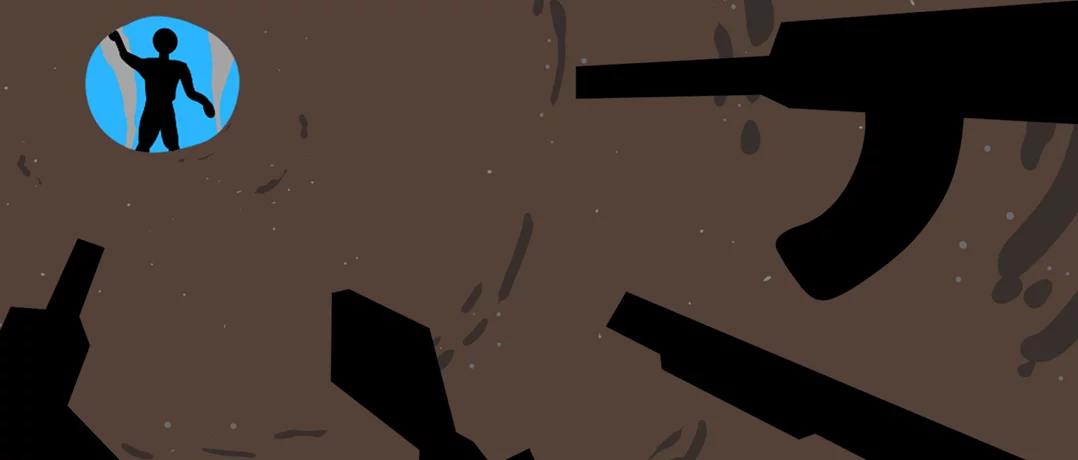Hezbollah’s neglect left southern Lebanese civilians exposed, suffering, and unprotected amid repeated regional conflicts.
Between tunnels and tombs: The people Hezbollah left behind
Between tunnels and tombs: The people Hezbollah left behind


For decades, the people of southern Lebanon have endured the bitterness of war and its crushing consequences displacement, destruction, and loss. Their homes lie in ruins, their memories are etched in black, and death has become a permanent guest in every household. It is as if the South were fated to remain an open field for recurring sorrow.
Yet the most recent war brought deeper wounds and harsher pain. On September 23, 2024, fighting erupted an event that was, in truth, no surprise. Hezbollah knew the catastrophe was nearby. It had received repeated Arab and international warnings from European envoys to U.S. mediator Amos Hochstein. But the party chose to turn a deaf ear, leaving the South and its people trapped on the frontlines.
Despite being fully aware of what was coming, Hezbollah made no effort to avert it. It clung to Tehran’s “Unity of the Fronts” doctrine, treating the South as nothing more than a pawn in Iran’s regional calculations. There was no evacuation plan, no preparation of shelters to preserve the lives and dignity of civilians. And so, southerners found themselves stranded for hours in their cars, humiliated and exhausted on the roads while the party’s leaders offered nothing but hollow slogans from pulpits and television screens.
Over the years, Hezbollah poured billions of dollars into its military arsenal digging tunnels, building underground networks, and preparing the infrastructure for war. But it never invested in the human infrastructure that could protect its own people in times of danger. No shelters were built, no safe havens equipped. The priorities were clear: investment went where Iran’s project required it, while the lives of civilians were left out of the equation.
The South’s tragedy is not a stroke of fate; it is the direct result of deliberate choices made by Hezbollah under Iranian direction. The party’s concern has never been to protect or preserve human dignity, but to turn people into fuel for a battle that is not theirs, and into bargaining chips in a regional struggle for influence. For Tehran, the South is not Lebanese land, but an open battlefield and its people are not citizens but expendable human shields.
Silence is no longer an option. Accountability is a moral and national duty. Hezbollah has invested billions in tunnels and rockets while leaving its own people homeless and exposed. The South has been turned into a war zone instead of being a safe haven for its inhabitants.
Serious facts must be acknowledged as well. During the Pager operation, there was a major security failure for which Hezbollah bears responsibility. Israel was able to penetrate the organization and assassinate most of its leaders, including two secretaries-general. The party continues to hold on to weapons that have proven powerless against Israel. Hassan Nasrallah’s promise to rebuild homes “as they were and even more beautiful” remains unfulfilled.
Since the ceasefire was announced, Hezbollah’s discourse has revealed only insult for people’s intelligence and disregard for their suffering. Having caused displacement, humiliation, and devastation, the party now offers nothing but tired slogans and the same divisive rhetoric of sectarian incitement and accusations of treason against other Lebanese. The people are being denied the truth they deserve. They continue to be addressed with delusions and empty speeches detached from reality instead of honesty and respect. Unless the doors of truth are opened and real questions asked, the people of the South will continue to pay the price in their blood and dignity for wars that are not theirs and for political calculations in which they have no stake.

